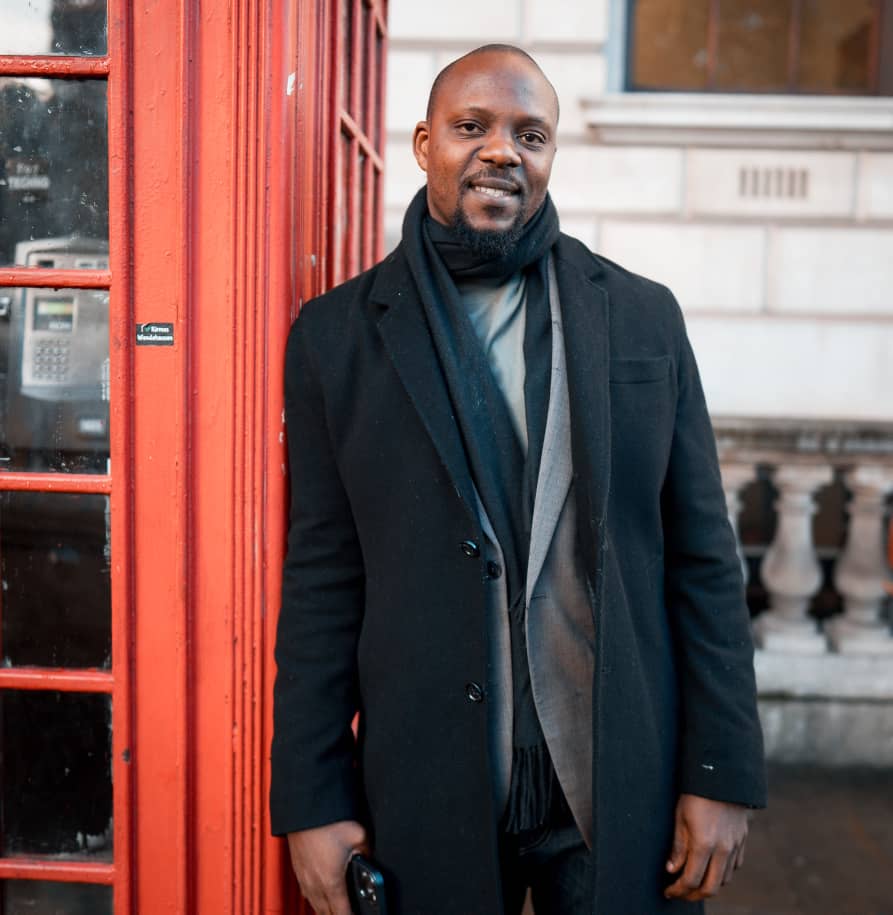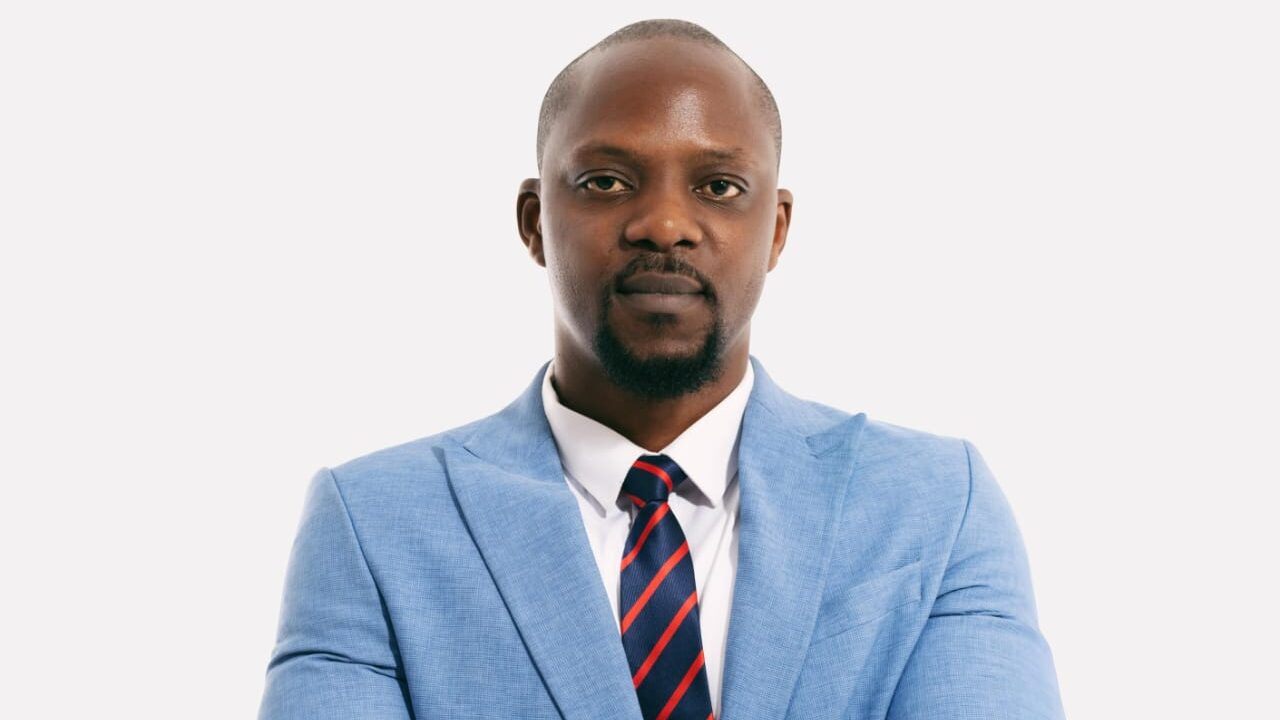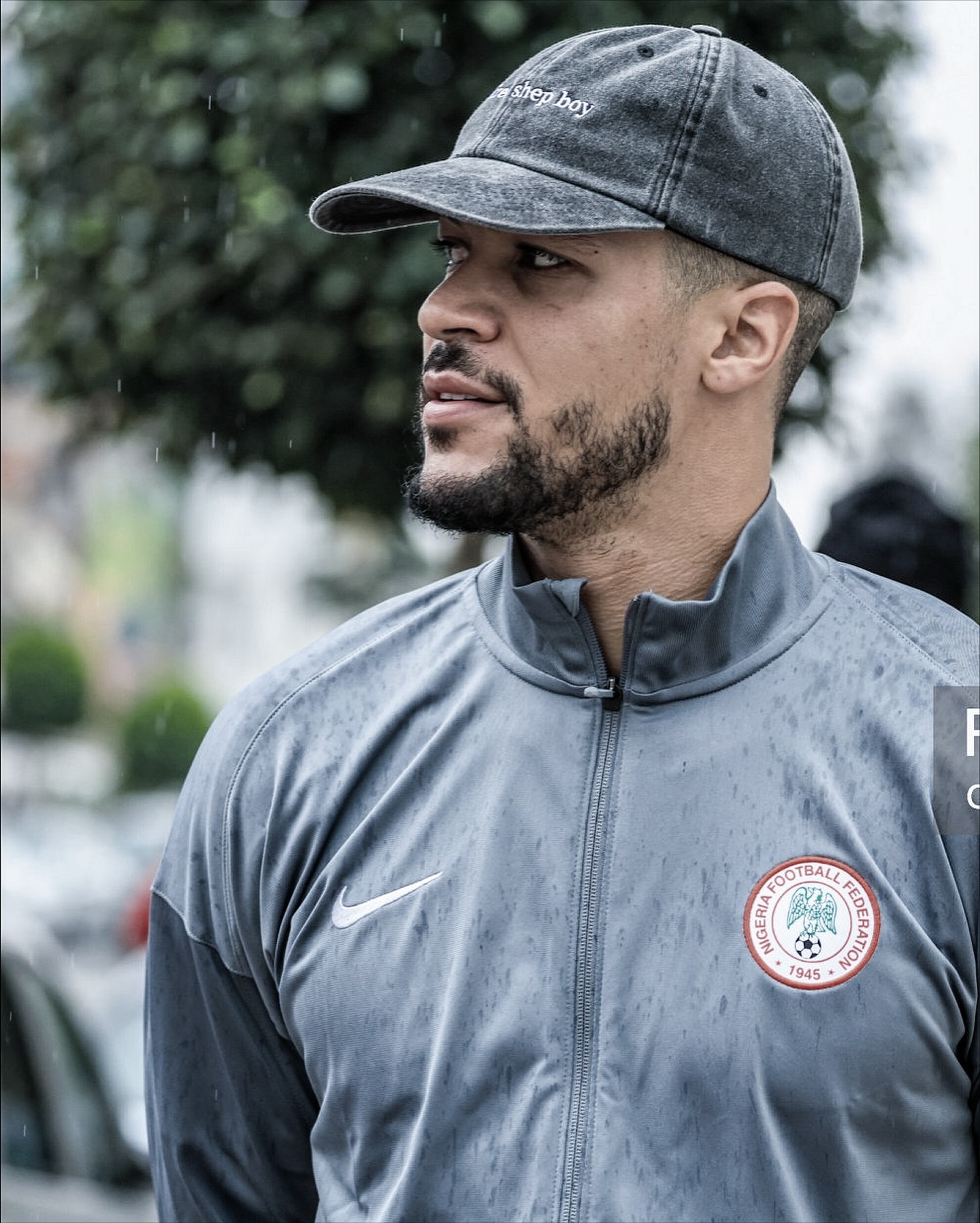By Taiwo Olabode
In the heart of Lagos, where music is not just culture but currency, Akinyemi has carved out a reputation as one of the most influential voices shaping the African music business. A trained lawyer with deep roots in artistry himself, his journey reflects a rare blend of creativity, advocacy, and legal expertise. From championing underrepresented producers to launching songwriting competitions across the continent, Akinyemi has become a beacon for fair representation and excellence in the industry. In this conversation, he shares his journey, insights on the evolving music landscape, and his vision for the future of African talent.

Who is Akinyemi, the man behind the brand?
Thank you for the opportunity. I like to describe myself as a lawyer working in music. My journey started in the church as a young teenager who wanted to be the next 2Face Idibia, Wyclef Jean, or even R. Kelly. From the age of 13 until I qualified as a lawyer at 24, I was actively writing, making, and performing music. But when I got called to the bar, I realized I hadn’t “blown up” as an artist. That led me to rethink how else I could contribute.
During NYSC, I explored talent management, then moved fully into law, representing people in entertainment, eventually narrowing down to music. Today, I co-own a law firm in Lagos, I’m married with two kids, and I’m committed to representing recording artists, producers, and songwriters across Africa with a pan-African outlook.
That’s quite a journey. I’ve also noticed your passion for songwriters and producers. What drives that?
From the start, it was clear that producers were marginalized. They often got a one-time fee without royalties or publishing rights. I began by building relationships with producers like Masterkraft and Jay Pizzle, and through them, others followed. Over time, I realized this was a space I could truly own, advocating for the underrepresented.
For songwriters, my focus intensified during the lockdown in 2020. I launched the Akinyemi Songwriting Contest, and since then, we’ve seen winners like Zichy go on to write for A-list artists like Wizkid. I believe producers define eras and sounds, and songwriters will soon get the same recognition in Nigeria as they do globally.
Looking back 13 years, how different is the landscape now for producers?
Night and day. Back then, many lived in poverty, with no ownership of their catalogues. Today, thanks to education, advocacy, and negotiation, producers now expect proper fees, royalties, and publishing rights. The average young producer today is far more empowered.
But can we say the same for songwriters?
Unfortunately, no. Songwriters remain the orphans of the industry here. While Davido, Wizkid, and a few others have openly embraced them, the culture hasn’t fully caught up. I’m optimistic, though. Within the next five years, I believe songwriters will gain the same respect producers now enjoy.
Let’s talk about the legal side. What’s the state of entertainment law in Nigeria today?
It’s growing. The Copyright Act has been amended to reflect new realities, but technology and music consumption always evolve faster than legislation. Enforcement and education are where we still need work. Judges, talent managers, artists, and investors must all better understand intellectual property. We have enough laws; what we need is better application and awareness.
Yet artists still sign bad deals. Why is that?
Ignorance and survival. Many upcoming artists just want to “blow” and will sign anything. Later, when they succeed, they realize the value of ownership and start pushing back. Sadly, this cycle continues. That’s why labels and managers should insist on proper legal representation before any deal is signed.
Do we have enough capable music lawyers?
Not yet. It’s a young industry, and while numbers are growing, we need more lawyers truly committed to the space.
Shifting gears, let’s talk about wins. You’ve closed major deals and earned Billboard recognition. What does that mean for you and the industry?
It’s gratifying, but it also carries responsibility. It shows young lawyers that it’s possible. I’m inspired by figures like Burna Boy, Victor Osimhen, Chimamanda Ngozi Adichie, and others who embody African excellence globally. For me, the next big milestone is walking the Grammy stage with my clients.
Tell me about High Tower, your firm. How’s the journey been?
Exhausting but rewarding. We connect dots, build relationships, and represent clients across borders. We’ve grown into a pan-African outlook, and I feel blessed to work with the most creative talents on the continent.
What’s next?
Scaling the songwriting contest beyond Nigeria and Ghana into South Africa and Tanzania this year, and Francophone countries by 2027. I’m also developing mentorship programs for young lawyers while expanding our law firm’s service to artists across Africa.
And your advice for young lawyers?
Love the work. Be a good lawyer, but also a genuine member of the creative community. The early years are tough, but patience and service will always pay off.
Final thoughts?
Just that I’m passionate about growing the songwriting ecosystem in Africa. For the next decade, that’s where much of my focus will be, alongside providing strong representation for producers and songwriters.





